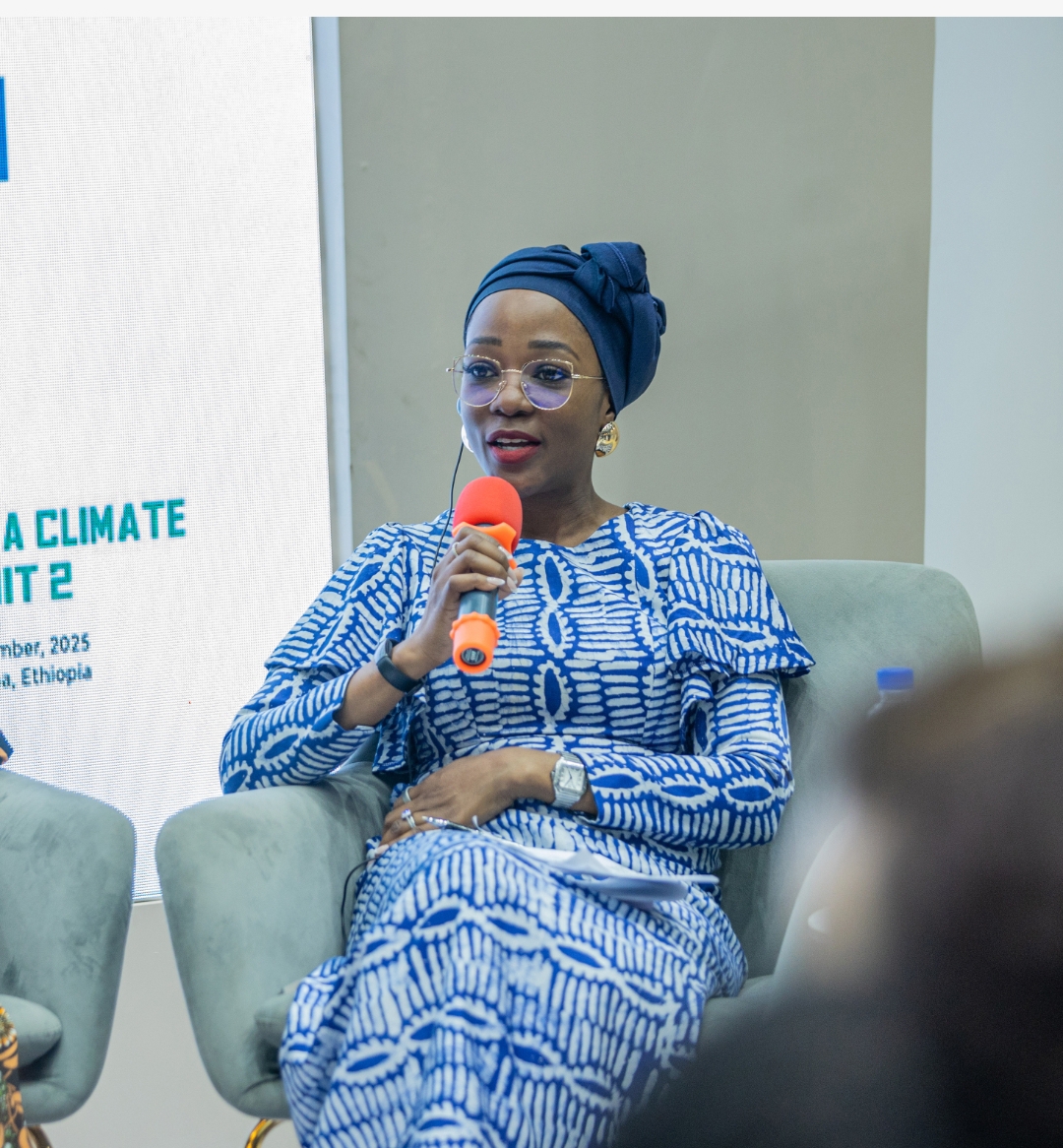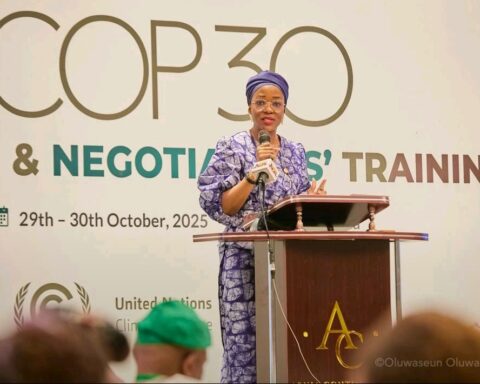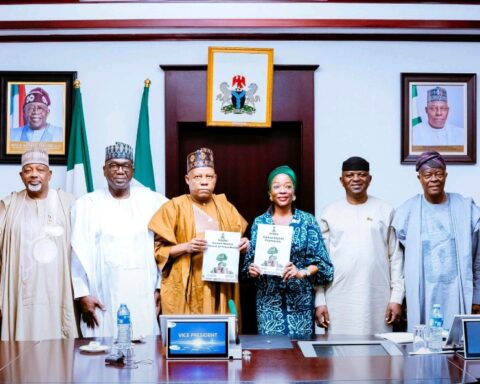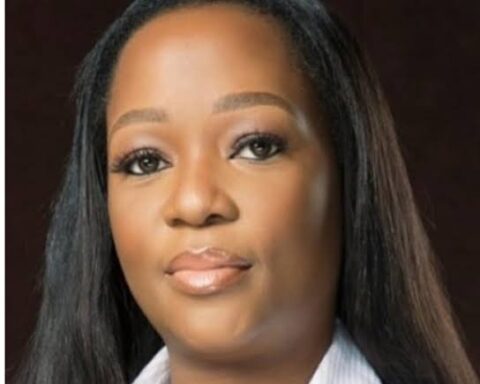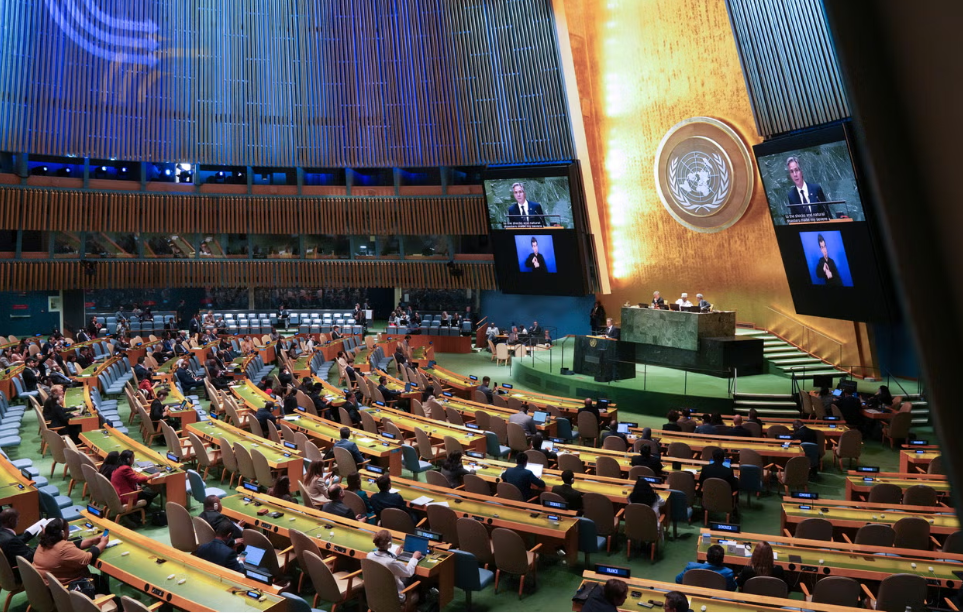Nigeria is intensifying efforts to secure climate finance and strengthen its clean energy transition as the country prepares for COP-30, the Director-General of the National Council on Climate Change (NCCC), Mrs. Omotenioye Majekodunmi, has said.
Speaking to DA News after returning from the just-concluded African Climate Summit 2 in Addis Ababa, Majekodunmi noted that the $100 billion financing pledge announced by African Development Finance Institutions and Regional Financial Institutions presents a critical opportunity for Nigeria’s green industrialisation drive.
“Climate action is urgent, but it is also long-term. Every international engagement contributes to our national goals. Nigeria is keen to access part of the $100 billion pledged for Africa. These funds are essential for scaling clean energy, adaptation, and resilience-building at home,” she said.
Nigeria’s delegation at ACS2 underscored the country’s leadership role on the continent through initiatives such as the Energy Transition Plan, the Long-Term Low Emission Development Strategy, and its growing carbon markets framework.
The NCCC boss explained that Nigeria’s approach to decarbonisation would be pragmatic, noting that gas would continue to play a central role in energy access and industrialisation. “Gas holds the key to our future as Africa’s largest reserve holder. It will drive electricity, mass transport, clean cooking, and jobs,” she emphasised.
Majekodunmi also reassured civil society, youth, and vulnerable groups that their voices remain central to Nigeria’s climate agenda. She cited the Climate Change Act of 2021, which mandates representation of women, youth, and persons with disabilities in the Council’s decision-making structures.
“The NCCC is barely six weeks under new leadership, but we are learning fast and determined to carry everyone along. The Addis engagement helped us to listen, connect, and prepare better for the road to COP-30,” she said.
Analysts believe Nigeria’s strong presence at ACS2 signals a renewed push for climate finance and inclusive climate action. With communities already facing desertification, flooding, and energy poverty, stakeholders say accessing climate funds and building resilience are no longer optional, but urgent.
By Dare Akogun


